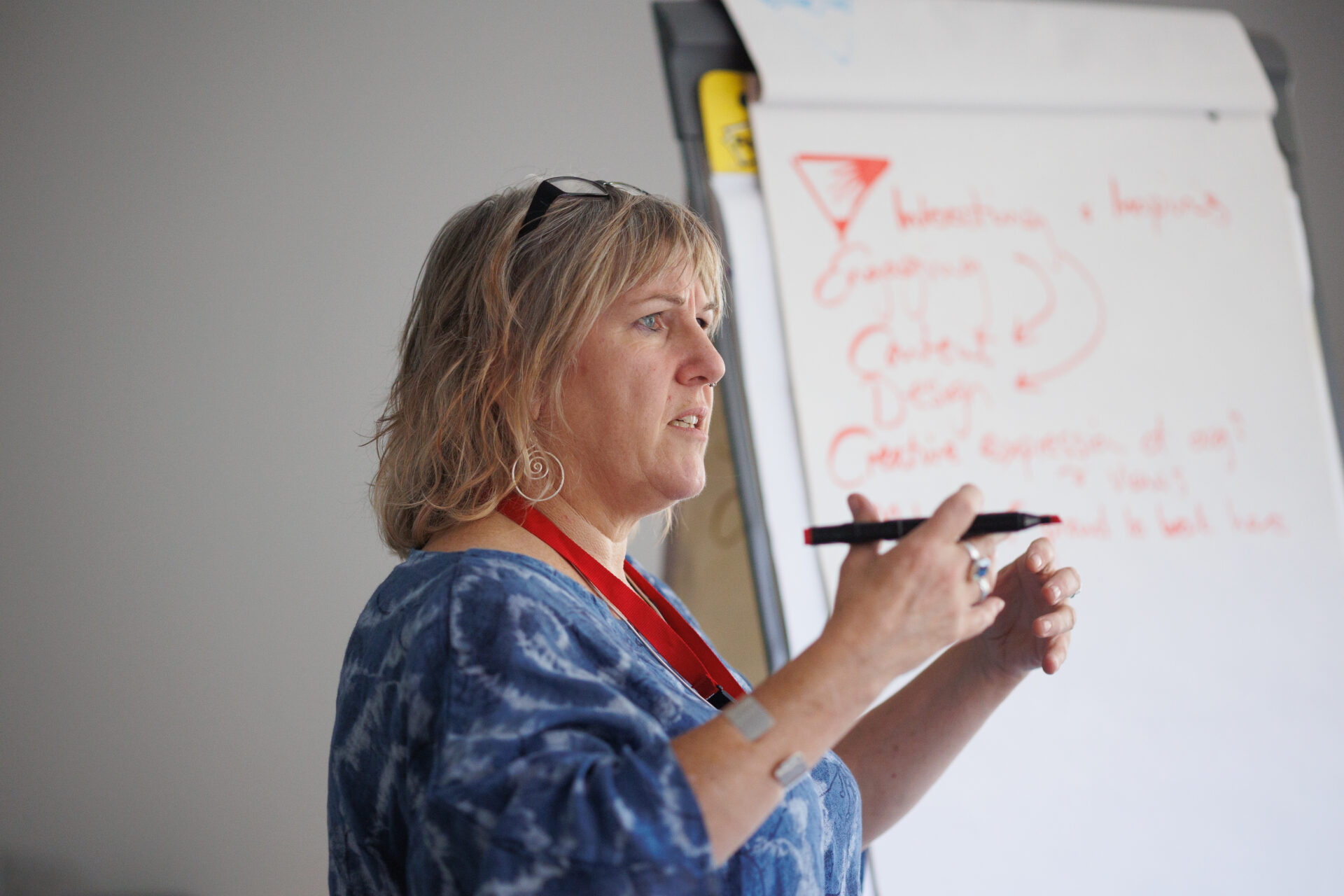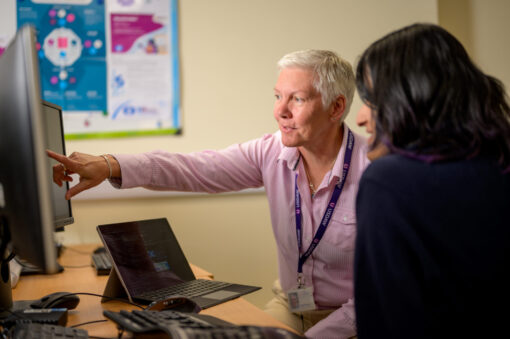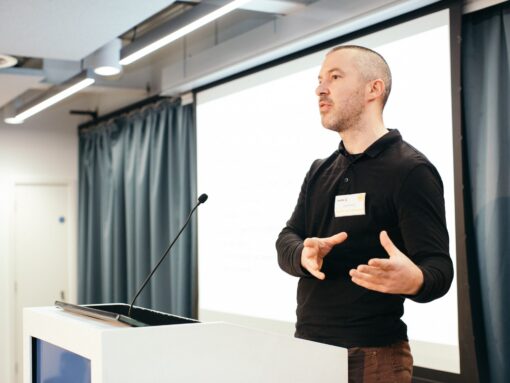
Kinship carers are family or friends who step up, often during an unexpected crisis, to care for a child when their parents aren’t able to.
For professionals:
We are here for every kinship carer that steps up to care for a child when their parents aren't able to. And you can be too. Whether you're looking to commission our services or understand more about how you can support kinship carers. Discover how Kinship can help you to provide the help, support and advice that all kinship carers need.
Please visit Support and advice for kinship carers


Find out how you can commission our services in your local area to support kinship carers.
Commission our services
Information, advice and support for professionals working with kinship carers.
Working with kinship carers
Find out about our policy and influencing work, including our kinship care policy tracker and our constituency map which shares information about kinship carers in your local area.
Policy and influencing
Find out about existing research about kinship care, our surveys and reports and how you can join our researchers network.
ResearchOur Professionals' Network is for social workers, academics and other professionals with an interest in kinship care.
Join now